Hacking Leadership: Rethinking EdTech Impact and Research
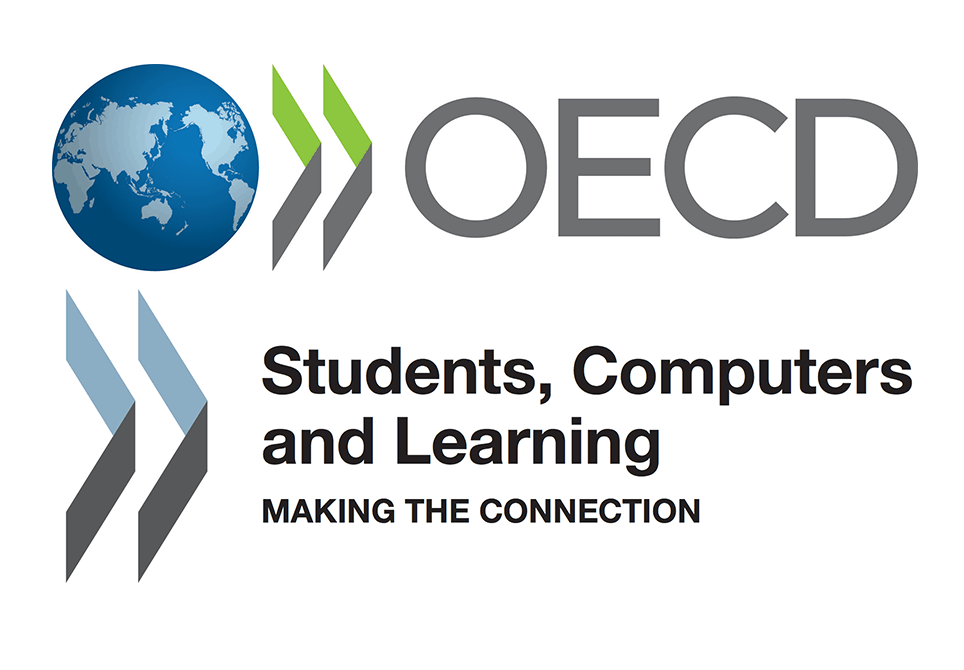
Jason Ribeiro
The recent OECD report, Students, Computers and Learning has been well-publicized in the international media. Tom Vander Ark poignantly addressed the lapses in this study and how “kneejerk” headlines and responses seem to be missing a great deal of the larger conversation we’ve been having about EdTech for some time. However, massive, multi-million dollar educational technology projects in North America’s largest school districts are not having the impacts senior leaders and stakeholders expect. Why? As a teacher, I know I have not experienced real change in the ways school district officials are leading education with technology. Perhaps it is time we stop assessing ‘impact’ in terms of standardized testing and focus more critically on researching the important role senior leadership teams play in designing and implementing the technological innovations of the future.
Lagging information and communication technology (ICT) growth in several countries around the world has pressured governments to commit to leading some form of “digital revolution.” What is often overlooked is that this responsibility is largely left to the education system. Despite billions of dollars being invested in supporting, equipping and refreshing educational technology programs, districts are still struggling to gauge the impact of their spending.
Though the OECD report states that the impact of technology on education has been poor, the efficacy of their methodology raises serious questions for solely basing impact on standardized test scores. In fact, the impact of technology in education has largely been measured according to access and learning outcomes for decades. These outdated approaches have constrained our view of technology’s ‘impact’ on education systems and relegated innovation to the few rather than the many.
How can we bring the design and implementation triumphs of NGLC Regional Funds for Breakthrough Schools to scale in a district that is responsible for over 100,000 stakeholders? The answer is not yet clear. However what is clear is that there is a pressing need for dynamic research partnerships between school districts and scholars who seek to identify features that support new conceptualizations of high-impact, effective EdTech projects.
Accountability is rising.
We need to open ourselves up to the possibility that when things go sideways in our EdTech implementations that it may not be a technology problem – but a leadership problem. Misinformed leadership that emphasizes devices and cost above pedagogy and instruction may have detrimental effects on the future intellectual and financial capital of our countries. The successful strategies of leadership teams who achieve their project goals need to be proliferated across our technology-integrated school systems.
One way we can do this is to engage the education leadership research community (typically focused on education system transformation and instructional leadership) to study leaders charged to make positive district-wide impacts through educational technology projects. If we do not, school district leaders will be left with theories, approaches and tactics that no longer apply in the 21st century context.
Already major education leader groups are increasing the fear rhetoric that will reduce technology investments at the wrong time in education history (again). We must lead the international research community and undertake deeper investigations into capacity development, impact assessments and education technology leadership. If we fail to concretely investigate district-level educational technology leadership, we cannot offer principles to guide the next generation of high-capacity leaders hoping to conduct high-impact work in education.
For more, check out:
- Innovation Leadership in Schools
- Education Leadership Strategies, Mindsets and Tools for Back to School
- Getting Smart Podcast | Leadership: Key Competencies for Whole-System Change
Jason Ribeiro is a Ph.D. student at the University of Calgary in Alberta, Canada specializing in Educational Leadership. Follow Jason on Twitter, @jason_ribeiro.
Stay in-the-know with all things EdTech and innovations in learning by signing up to receive the weekly Smart Update.
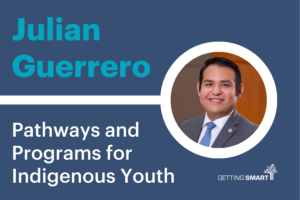
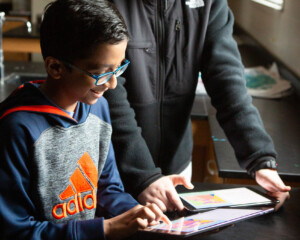
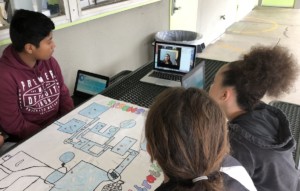

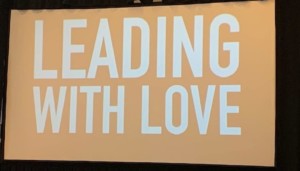
0 Comments
Leave a Comment
Your email address will not be published. All fields are required.